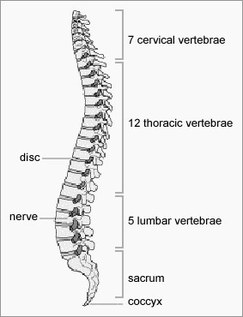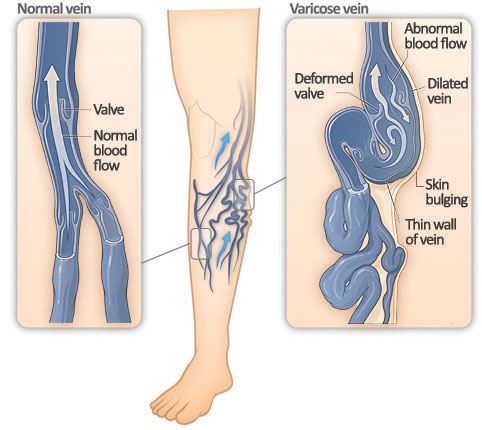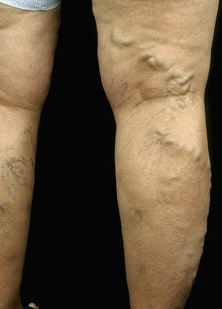Sadly, not many people know about the subject that is anthropology and even more do not know what it means. So it is understandable that the super stars of the anthropological universe are not seen as such outside of anthropology. And when they do become noticed, it is their accomplishments that make the headlines, not their line of work...at least not til recently. In this blog I will speak of the famous cultural anthropologist, Margaret Mead.
It seems as though Mead was destined to become an anthropologist seeing how both her parents were social scientists. In her time she was seen as a pioneer. What I mean by this is her research (which she conducted for nine months in 1925) in Samoa was a huge hit, revered by both psychologists and anthropologists. Her research, in which she wanted to see if the pain and uneasiness of adolescence was univeral, brought her to Samoa. She explained in her book “Coming of Age in Samoa (published in 1928)” that the years of the Samoa adolescence was free to do as they pleased (ex: have casual sex, few responsibilites, “easy relations with parents and other kin, and consequently a period of harmony rather than disequilibrium and strife.”). With these findings she made the conclusion that it was culture, not biology that was responsible for the “storm and stress” of American youth. Because of her research and this book, it is said that she caused a sexual revolution in America.
That said, her findings have come to have a lot of controversy. For one, there is an anthropologist from New Zealand named Derek Freeman, who in 1983 published a book “Margaret Mead and Samoa: The Making and Unmaking of an Anthropological Myth” in which he challenged many of Mead's claims. For example, Mead had claimed that because of the sexual freedom the Samoan's had there was no rape, which Freeman commented that rape was common and that premarital sex was disapproved of. He also spoke with the young woman (who were now older women) who told him “They had lied to her, inventing wild tales about premarital sex to impress her. Freeman even tracked down one of her informants (by then an old woman) who admitted exactly this.”
Although, Mead supporters have her back. What I mean by this is they have reasons why the information Freeman obtained contrasts with Mead's. Reason for the girls telling him they lied was most likely a lie to Freeman because when Mead went to Samoa she was a young woman close in age to them, but Freeman was a middle-aged man. And the biggest defense of Mead's study was the time. She conducted her study in the 1920's while Freeman did his in the 1980's, so something must have changed. Nevertheless, “some Samoans have found her depiction of Samoan adolescent sexuality offensive.”
Even though Mead's name seems to have been dragged through the mud, she was, as I stated earlier, a pioneer. She was one of the founders of Psychological Anthropology and inadvertently created biological (physical) anthropology. What I mean by this is that “many also rejected the relevance of the biological sciences for illuminating anything about social behavior and social organization” because social scientists “were coming to reject the view that western civilization, the white race, the male sex represented the pinnacle of the human evolutionary process.” Of course physical anthropologists know better now, but we have to remember how racism ran rampant in the United States for a good part of the 1900's (and still does).
Please feel free to comment on what you thought of this fun fact, or other physical anthropological subjects you would like me to cover.
It seems as though Mead was destined to become an anthropologist seeing how both her parents were social scientists. In her time she was seen as a pioneer. What I mean by this is her research (which she conducted for nine months in 1925) in Samoa was a huge hit, revered by both psychologists and anthropologists. Her research, in which she wanted to see if the pain and uneasiness of adolescence was univeral, brought her to Samoa. She explained in her book “Coming of Age in Samoa (published in 1928)” that the years of the Samoa adolescence was free to do as they pleased (ex: have casual sex, few responsibilites, “easy relations with parents and other kin, and consequently a period of harmony rather than disequilibrium and strife.”). With these findings she made the conclusion that it was culture, not biology that was responsible for the “storm and stress” of American youth. Because of her research and this book, it is said that she caused a sexual revolution in America.
That said, her findings have come to have a lot of controversy. For one, there is an anthropologist from New Zealand named Derek Freeman, who in 1983 published a book “Margaret Mead and Samoa: The Making and Unmaking of an Anthropological Myth” in which he challenged many of Mead's claims. For example, Mead had claimed that because of the sexual freedom the Samoan's had there was no rape, which Freeman commented that rape was common and that premarital sex was disapproved of. He also spoke with the young woman (who were now older women) who told him “They had lied to her, inventing wild tales about premarital sex to impress her. Freeman even tracked down one of her informants (by then an old woman) who admitted exactly this.”
Although, Mead supporters have her back. What I mean by this is they have reasons why the information Freeman obtained contrasts with Mead's. Reason for the girls telling him they lied was most likely a lie to Freeman because when Mead went to Samoa she was a young woman close in age to them, but Freeman was a middle-aged man. And the biggest defense of Mead's study was the time. She conducted her study in the 1920's while Freeman did his in the 1980's, so something must have changed. Nevertheless, “some Samoans have found her depiction of Samoan adolescent sexuality offensive.”
Even though Mead's name seems to have been dragged through the mud, she was, as I stated earlier, a pioneer. She was one of the founders of Psychological Anthropology and inadvertently created biological (physical) anthropology. What I mean by this is that “many also rejected the relevance of the biological sciences for illuminating anything about social behavior and social organization” because social scientists “were coming to reject the view that western civilization, the white race, the male sex represented the pinnacle of the human evolutionary process.” Of course physical anthropologists know better now, but we have to remember how racism ran rampant in the United States for a good part of the 1900's (and still does).
Please feel free to comment on what you thought of this fun fact, or other physical anthropological subjects you would like me to cover.



 RSS Feed
RSS Feed
